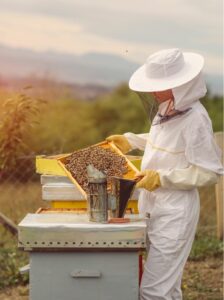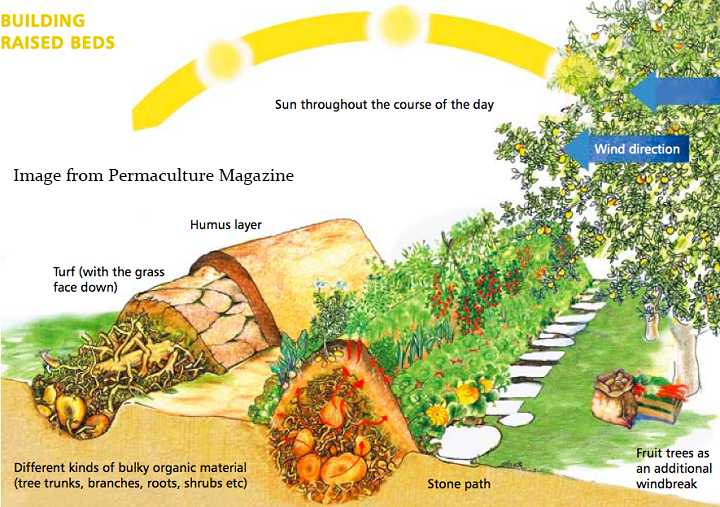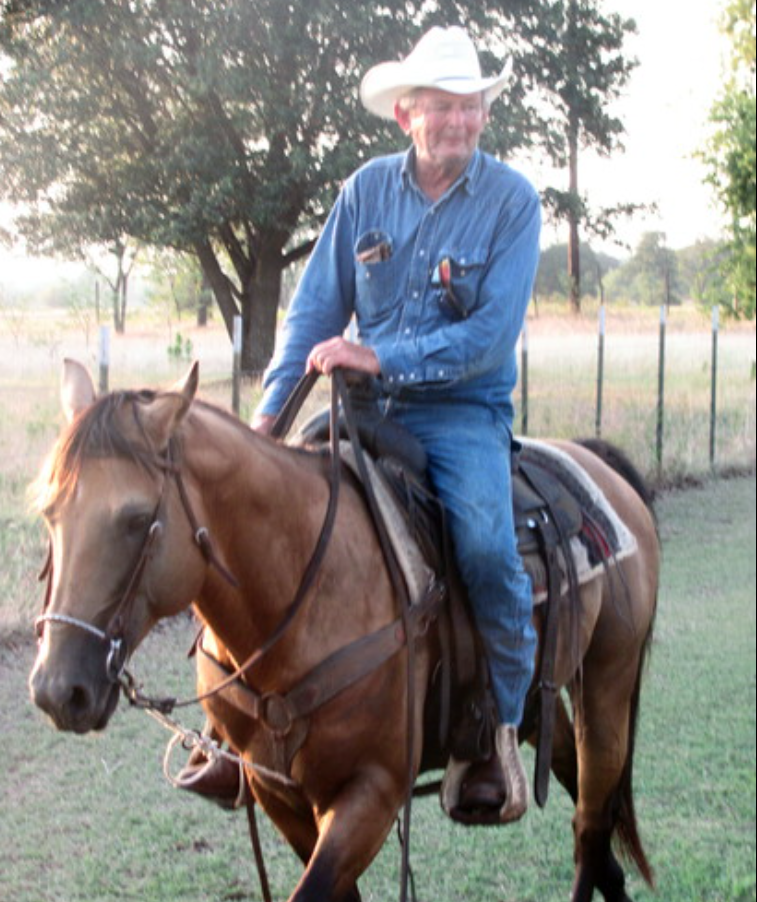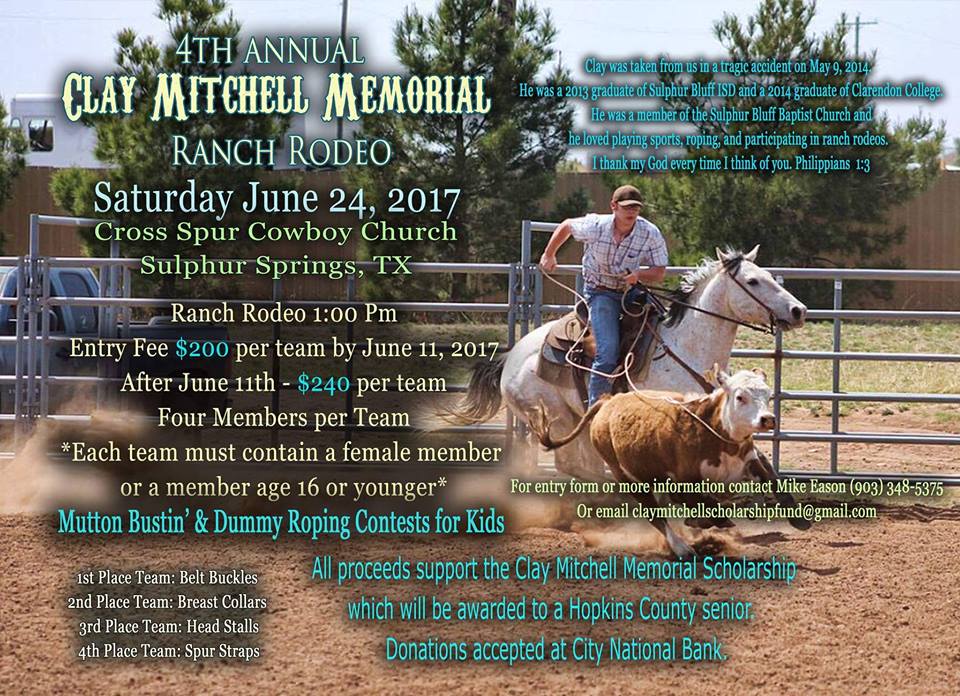Things to Know about AG Exemption on Taxes

If you are new (or even experienced) to raising livestock or producing hay, you should consider getting your land an agriculture (AG) exemption, if you do not already have one. This allows your property’s taxes to be calculated based on its productive agriculture value instead of the higher real estate market value. And the difference between the two values can result in significant tax reductions worth hundreds or thousands of dollars.
Using the land for hay production, wildlife management, raising livestock include some of the ways for eligibility of an AG valuation. But the rules on those differ depending on which county the property is located. So what does it exactly take to get started?

1. Qualifications for AG Exemption.
Land primarily being used for agricultural purposes for at least 5 out of the past 7 years may qualify. And those uses include livestock, crop production, beekeeping, or similar activities.
Most counties require a minimum amount of acreage depending on the type of agriculture use.
 2. Minimum acres required.
2. Minimum acres required.
AG Exemption requirements vary by county, but most commonly, you’ll need at least 10 acres of qualified agriculture land to be eligible for this special valuation.
3. Type of animals.
In Texas, most people think of cattle when they imagine livestock for an AG exemption. But a wide variety of animals can qualify. Goats, sheep, bees, or other types can also meet the eligibility.
However, each county has its own unique rules and requirements so be sure and check with the county where you live. You can do that by contacting the appraisal district where the property is located. Or you can search for your county’s requirements by going Texas Comptroller site here.

4. Factors that go into property taxes.
Tax rates vary by county according to a school tax, a county tax, a hospital tax (if the county has one), a college tax (if the county has one), etc. Then all those rates are summed up as the property’s taxes. The sum is then used against the property’s assessed market value. Many times, when folks notice they owe more than the previous year, it most likely comes from a higher assessed market value – not the actual rate. In other words, their home may have been assessed as being worth $150,000 for a few years but then the fourth year, may be assessed as $190,000 even though their tax rate remained the same. But on the other hand, AG exemptions are not based on market value but on productive agricultural value. And this can result in big savings.

5. Difference between AG & Homestead Exemptions.
An AG Exemption is primarily for land (not a house like a Homestead) and is specialized toward agricultural use only. Also, an AG Exemption would be better labeled as a special valuation. It gives the land a different value based on ag production versus a market value based on real estate worth. And production value tends to be a reduced amount (versus real estate worth) that will in turn, reduce your taxes. Also, a Homestead Exemption gives you a specific dollar amount that is taken off the real estate assessed value. And anyone can get a Homestead Exemption on their primary home residence. Unlike an AG exemption, there is no required time period to wait. And it does not require any work to ensure it is current or to maintain it by meeting specific requirements like an AG Exemption.
Key Takeaway:
In the end, even though it takes extra effort, an AG Exemptions is well worth the trouble to obtain. The difference in taxes can be a large amount. Most people who own land with an AG Exemption know the savings and blessings of having one and how it helps in maintaining a farm or ranch.
About the Contributor: Tonya Bradford brings 17-plus years of experience as a real estate agent with Janet Martin Realty, assisting buyers and sellers in the Northeast Texas area. Her tenacious attitude also served her clients for 9 years as an insurance agent for Farm Bureau in Cooper, Tx. Having lived on a farm for over 40 years, Tonya is familiar with all aspects of the beef cattle industry, hay production, dairy cattle industry, poultry production, and row crop farming. Her continued commitment to helping her customer find their new home or farm and ranch, are what most excite her. Put her dedication, and love of real estate, to work for you!
















